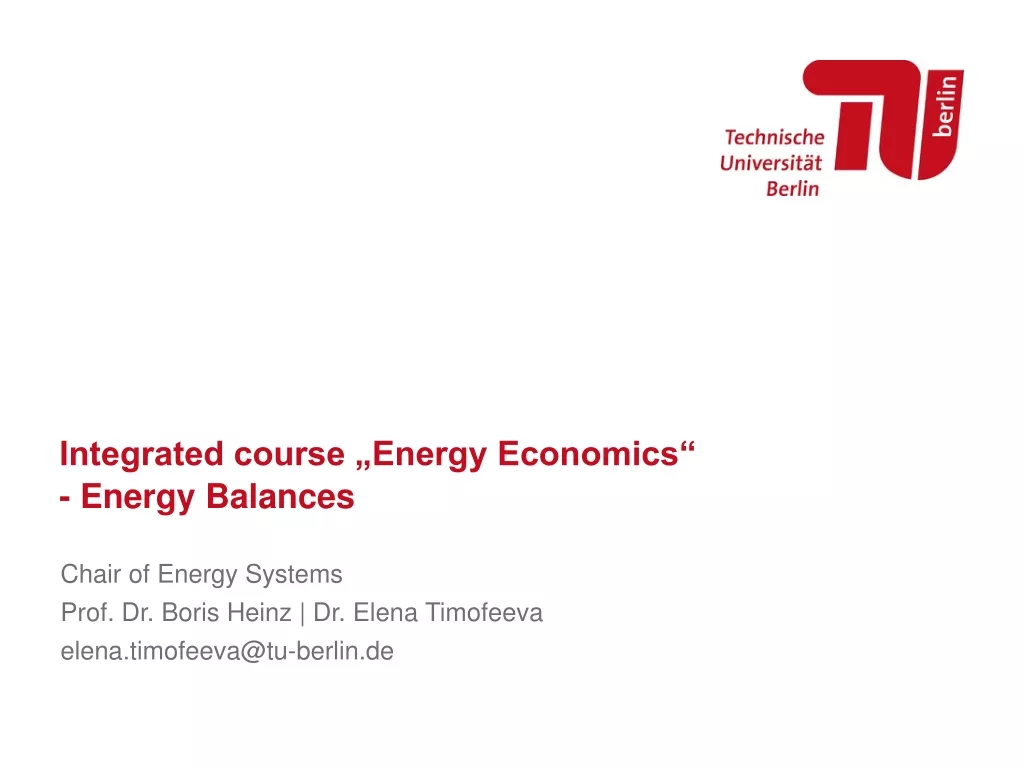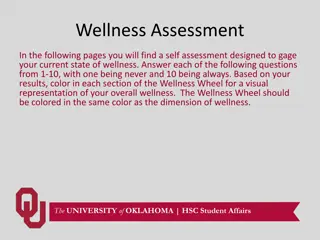
Achieving High Energy and Wellness through Sleep, Diet, and Exercise
Learn about the factors that improve energy and wellness, including the benefits of good sleep habits, a well-balanced diet, and regular exercise. Discover how these healthy practices can lead to better overall health and increased energy levels in daily life.
Uploaded on | 0 Views
Download Presentation

Please find below an Image/Link to download the presentation.
The content on the website is provided AS IS for your information and personal use only. It may not be sold, licensed, or shared on other websites without obtaining consent from the author. If you encounter any issues during the download, it is possible that the publisher has removed the file from their server.
You are allowed to download the files provided on this website for personal or commercial use, subject to the condition that they are used lawfully. All files are the property of their respective owners.
The content on the website is provided AS IS for your information and personal use only. It may not be sold, licensed, or shared on other websites without obtaining consent from the author.
E N D
Presentation Transcript
Increasing Personal Energy and Wellness Name Class Professor February 16, 2015
Factors that Improve Energy and Wellness Achieving an adequate amount of sleep Following a well balanced diet Engaging in regular exercise
Consequences of Good Sleep Habits The results of good sleep habits include: Anti-inflammatory function Reduction of anxiety and depression Ability to remain energetic throughout the work day Restorative functions that help mend the body Good sleep habits can be established by: Establishing and sticking to a sleep schedule Allowing oneself to sleep for the amount of hours necessary to feel well-rested This is typically a minimum of 8 hours a night
Consequences of a Well-Balanced Diet The benefits of a well-balanced diet include: A heightened metabolism Reduced risk of age-related mental disorders Nutritional levels that help support natural body processes To achieve a well-balanced diet: Vitamins could be consumed or injected to compensate for foods not eaten A wider variety of foods should be consumed A health care professional could be visited to provide recommendations
Consequences of Regular Exercise The benefits of regular exercise include: A reduced risk of depression and related symptoms A reduced risk of obesity, diabetes, and cardiovascular Higher energy and improvement metabolism Improved cognitive function To achieve exercise goals: Stick to a weekly exercise schedule Create exercise routines that are quick, but effective
Conclusions A combination of a good night s sleep, diet, and exercise is needed to achieve high energy and improved health Individuals who are interested in following a healthier lifestyle should analyze these categories to determine how improvements in each could play into their daily lives Modern living makes it difficult to live healthily, but we must recognize and counter this phenomenon in order to improve our quality of life
References Bakalar N. (2014). Vitamin D Tied to Alzheimer s Risk. Well. Retrieved from http://well.blogs.nytimes.com/2014/08/14/vitamin-d-tied-to-alzheimers- risk/?_r=0 Cleveland Clinic. (n.d.). Sleep and Psychiatric Disorders. Retrieved from http://my.clevelandclinic.org/services/neurological_institute/sleep- disorders-center/disorders-conditions/hic-sleep-and-psychiatric-disorders National Sleep Foundation. (n.d.). How Much Sleep Do We Really Need? Retrieved from http://sleepfoundation.org/how-sleep-works/how-much- sleep-do-we-really-need Sharma A, Madaan V, Petty FD. (2006). Exercise for Mental Health. Prim Care Companion J Clin Psychiatry, 8(2): 106.






















